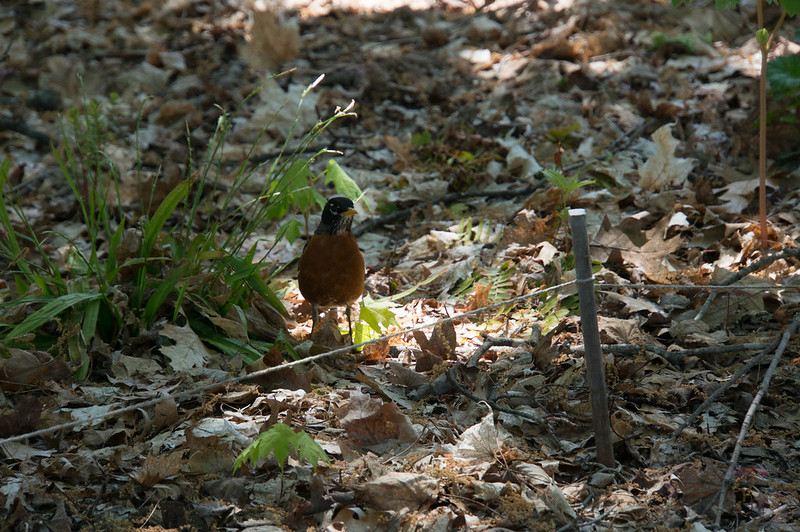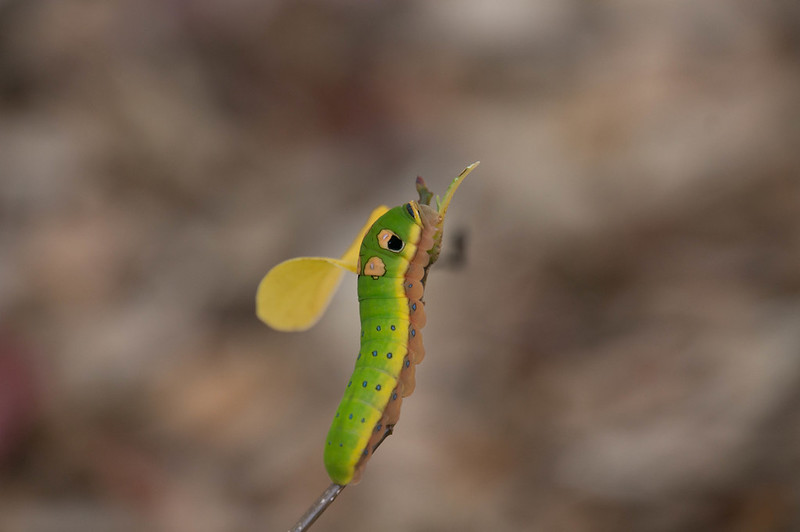Fall garden cleanup
To prepare for winter can set us to make sure things are well suited to go in the spring. Removing unsightly debris.
In this debris could be generations of garden friends, but possibly also foes. Butterfly eggs, put to rest in the debris. Fungi prepares for the next year. Not all fungi are detrimental and may be helpful with the balance for your garden. Bees, wasps, and other insects will lay eggs inside the stalks of our spent flower species.

As diversity increases you will get more adapted insects and fungi that will be better suited. Fill the niches. These can help fend off opportunistic species who take advantage of openings the ecology.
The common practice is to remove all materials because it could infect the others. In single species orchards it can freely spread. But in our gardens at home, with high diversity and letting the ecology balance over time, we can find this helps the spread of species to be more in balance than others. Of course our own local garden is a smaller part of a bigger ecology that may be unavoidable or have amounts of spread of undesirable species. Our choices here should be informed for our particular situation.

To note that many species are affected by invasive fungal pathogens. Take note how you may deal with this differently. Oaks, maples, ash, walnut, and may more.
Waiting to cleanup has more diverse ecology in the next year as the species can continue to work together. You will protect insect eggs, protect the soil surface from UV radiation in the winter. Birds will eat the flower seeds. Snow will play off the plants for winter interest.
Great related video about leaf litter from your trees and the relationship with insects.
